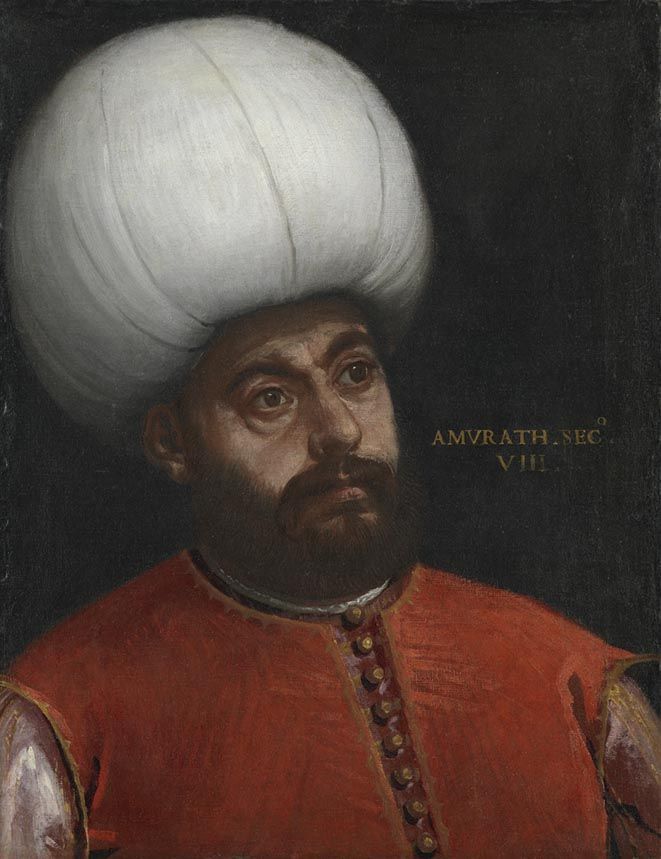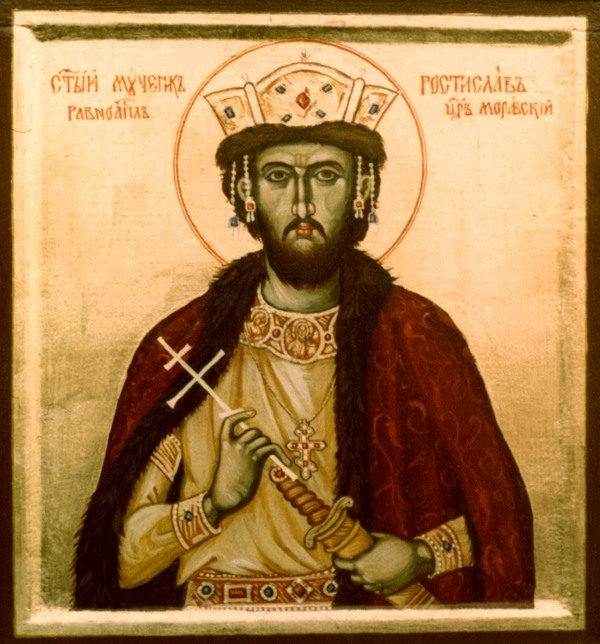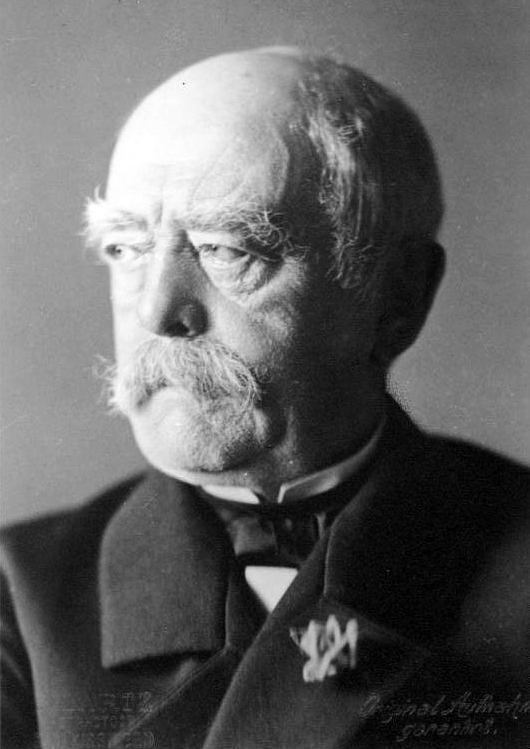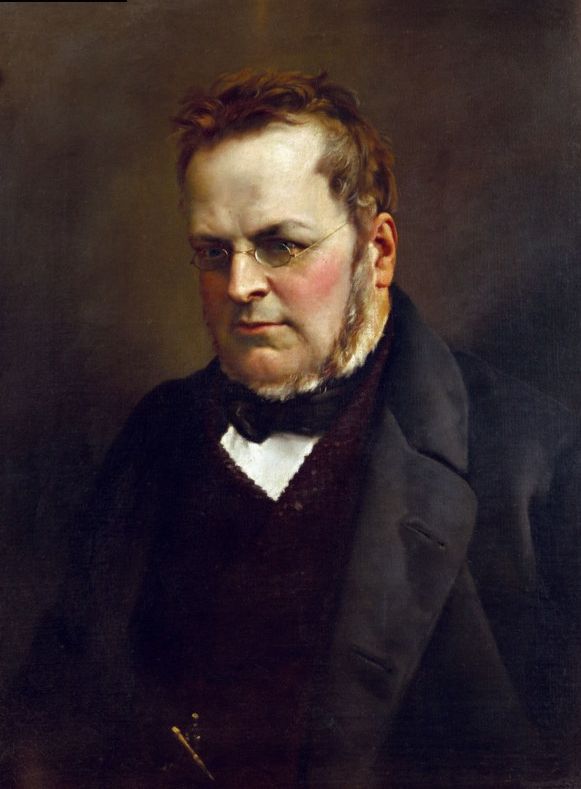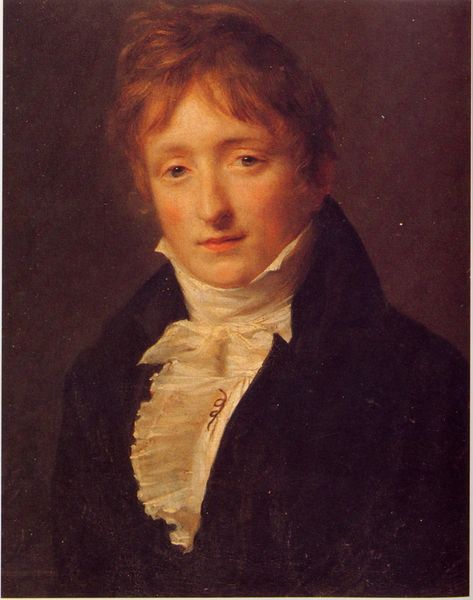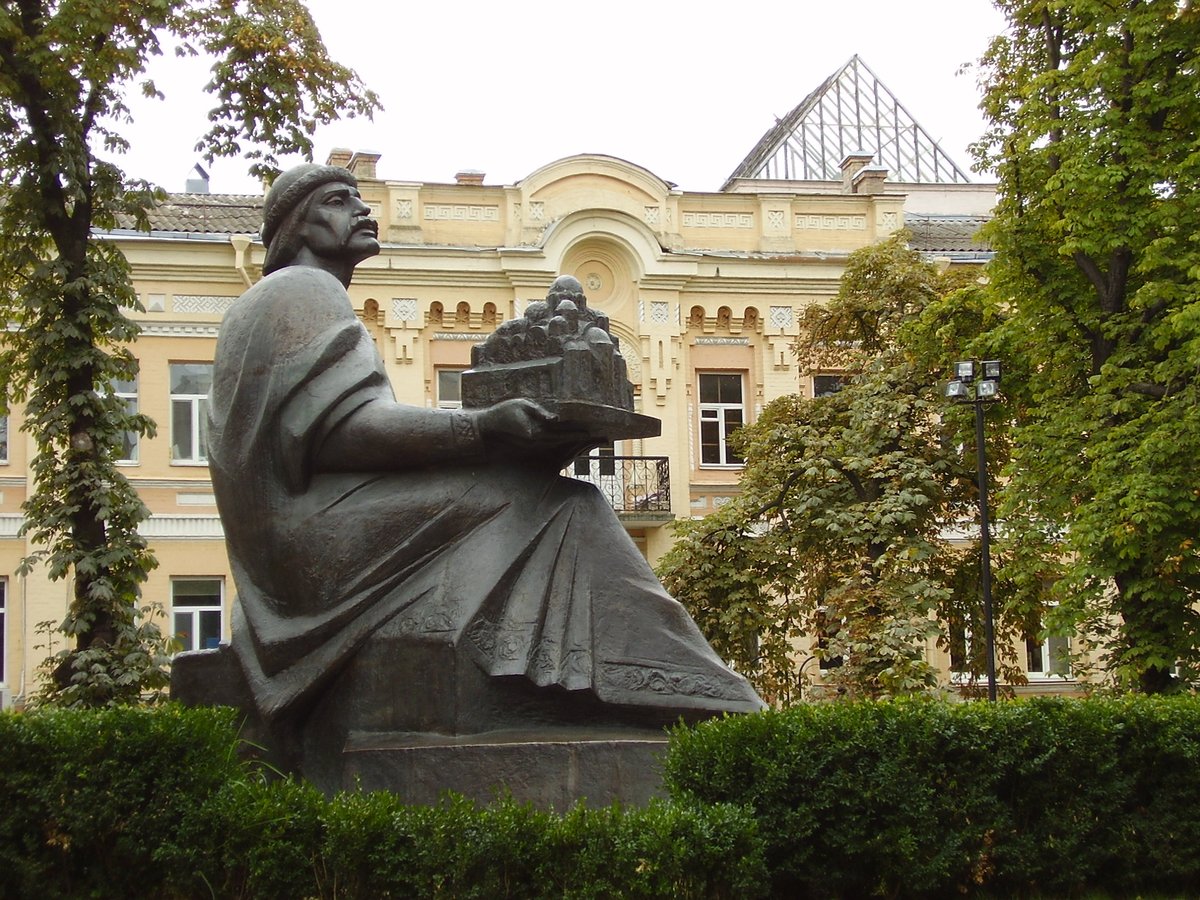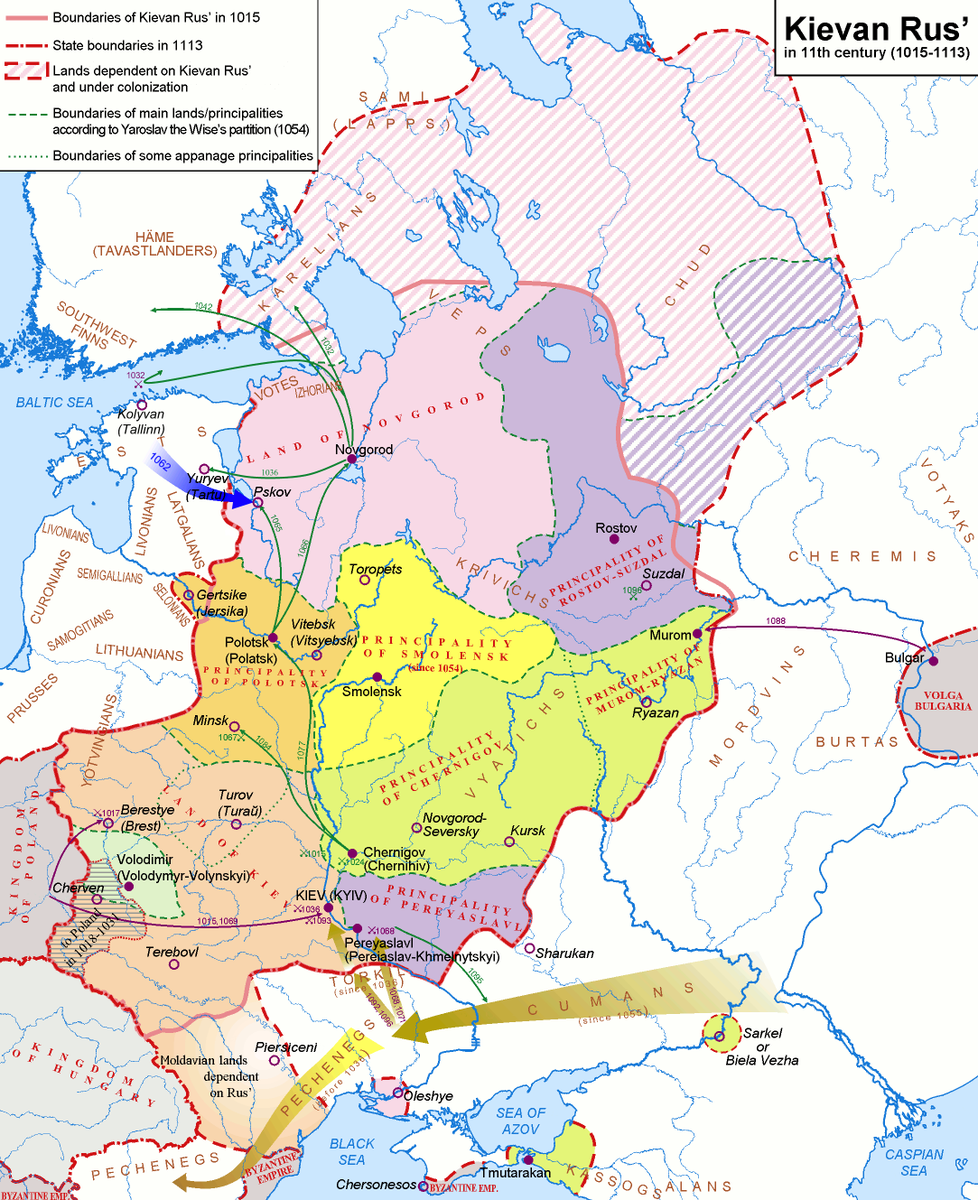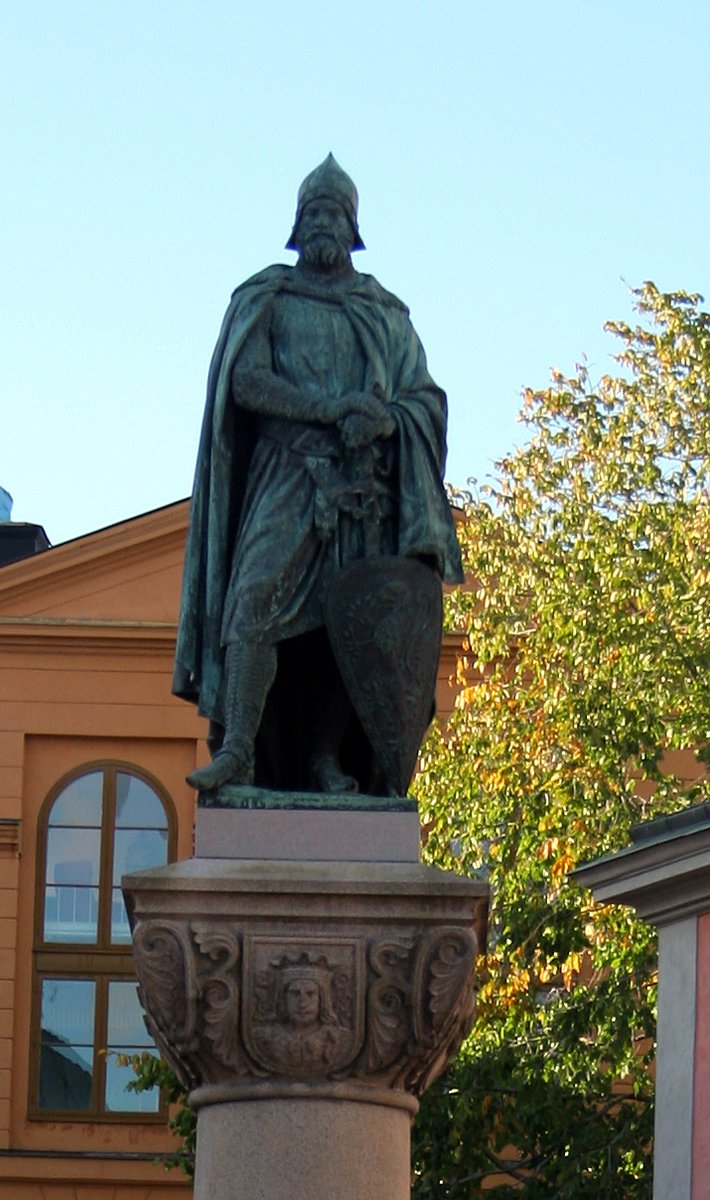A saintly noble heading a march into the frontier,
A mature guide to command the forces of a young King and,
A nation in creation still searching for its independence.
Story in the evening ...
A mature guide to command the forces of a young King and,
A nation in creation still searching for its independence.
Story in the evening ...
https://twitter.com/Arby_K/status/1390494157974642688
Guillaume was born around 755 to Theoderic, Count of Autun, and Aldana, likely a sister of Pepin, King of the Franks. When Pepin died in 768, his sons Karol and Karlomann, became joint Kings of the Franks. Theoderic retained a faithful role in the court. 1/10 

In 781, Karol appointed his 3 year old son, Hludowic, as the King of Aquitaine. Karol was vary of his southern neighbours in Hispania, especially after his defeat in 778 at Roncevaux Pass. It is likely Guillaume was brought in as a tutor for young Hludowic. 2/10 

Iberia was ruled by an offshoot of the Umayyad Caliphate that had collapsed in 750 - the Emirate of Córdoba. Pepin had captured Narbonne in 759, ending Córdoba's rule north of the Pyrenees, but Karol wanted a stronger southern border. 3/10 



When Chorso, Duke of Toulouse, was captured by the Basques in 788, Guillaume was appointed to Toulouse as his replacement. Guillaume was also given rule over Septimania and entasked with strengthening the southern border along with other nobles. 4/10 

Guillaume, Rostaing, Borrell and the forces of King Karol helped in the creation of the Hispanic March, a series of eight counties along the Pyrenees and the Ebro river. Rostaing was given the rule of Girona and Borrell received Osona, Cerdanya and Urgell. 5/10 

In 793, Emir Hisham set out to reverse the Emirate's losses in Narbonne and the East. Guillaume coordinated the defence and though initially defeated, the Emir retreated back to Córdoba with the booty. 6/10 

In 801, King Hludowic led the siege of Barcelona. Guillaume again coordinated the attack, which was successful this time. Bero, son of "Guillaume of Toulose" (Bero was either an illegitimate son of Guillaume or a different Guillaume) was installed as the Count of Barcelona. 7/10 

Guillaume founded a monastery near the Gellone river to which he retired in 806. His son, Bernard, would rule later in Septimania and Barcelona and later descendants would rule in Aquitaine, Carcassonne and Auvergne. 8/10 

County of Barcelona would end up in the hands of Seniofredo, Borrell's son and his descendants retained their connections to the northern side of the Pyrenees till 988, when Count Borrell II of Barcelona broke away from the nominal control of Capetian France. 9/10 

The core of the Hispanic March that Guillaume helped create became the Principality of Catalonia within the Kingdom of Aragon, when the Counts of Barcelona inherited Aragon. The region is now an autonomous community within the Kingdom of Spain. 10/10 

• • •
Missing some Tweet in this thread? You can try to
force a refresh


